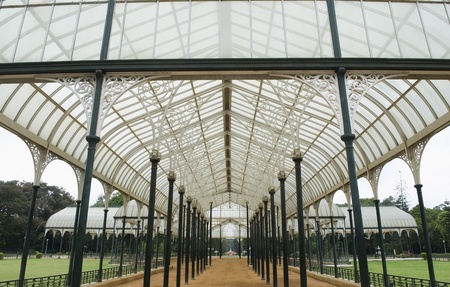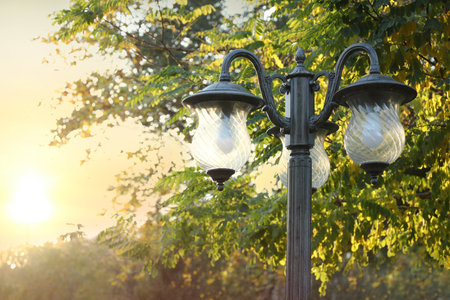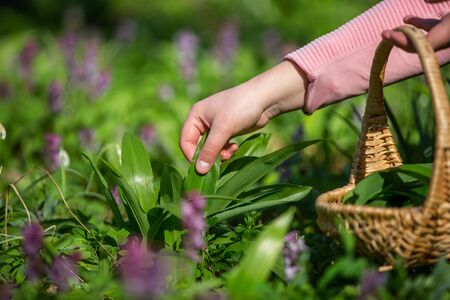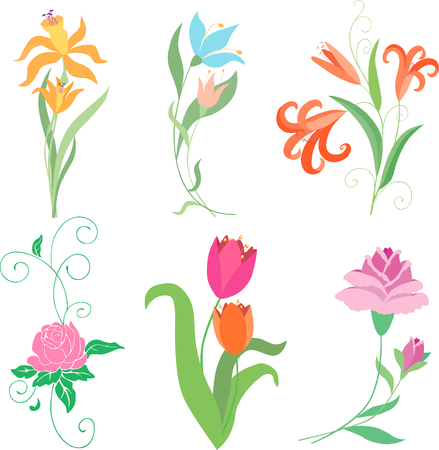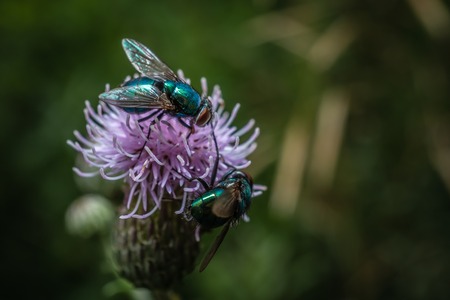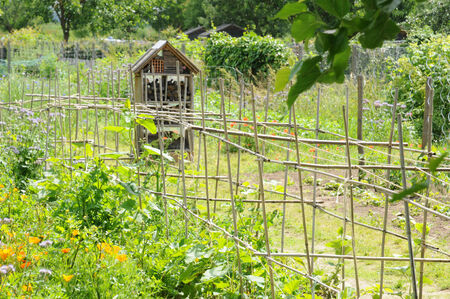Historic and Modern Uses of Greenhouses in the UK: The Evolution Towards Polytunnels
Introduction to Greenhouse Cultivation in the UKThe evolution of greenhouse cultivation in the United Kingdom is deeply intertwined with the country’s distinctive climate and longstanding agricultural traditions. Britain, known for its unpredictable weather, frequent rainfall, and limited sunlight—particularly outside of summer months—has faced unique challenges when it comes to growing crops reliably throughout the year.…
